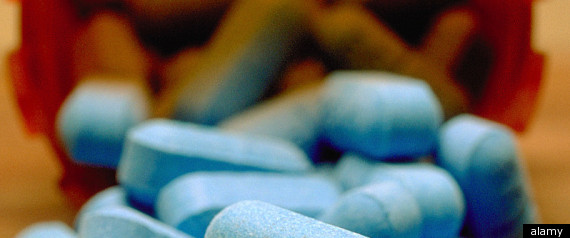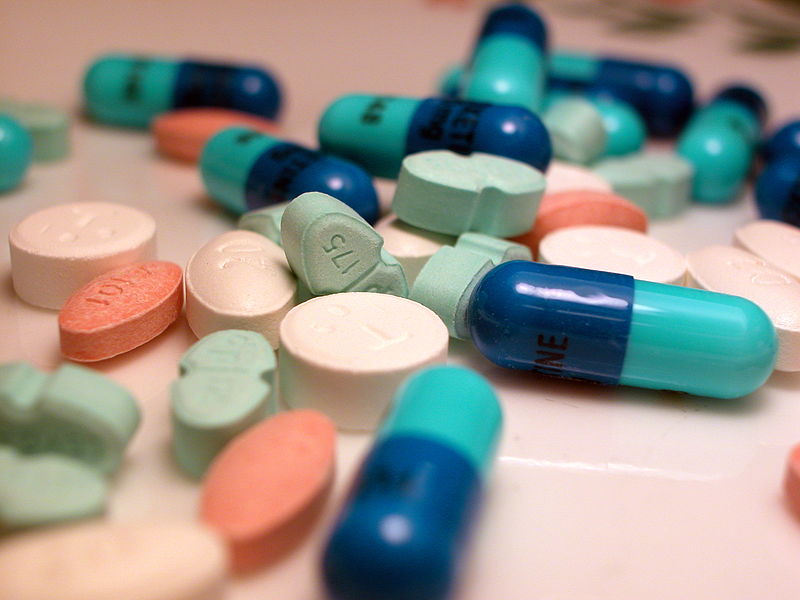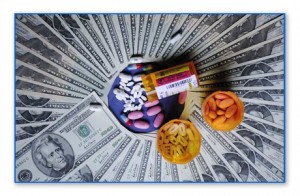
Huffington Post – “Foster Teen: I Was Put In A Psych Ward. I Wasn’t Crazy”
It all started when I said something stupid in school. A girl was ignoring me, and I got mad and said, “F-ck this sh-t. I’m gonna do some Virginia Tech sh-t.” I only said it so the girl would pay attention to me. But I shocked all my classmates and teachers, and the school said I’d made a “terrorist threat.”
I was in the 9th grade, and I had recently moved out of an abusive situation with my mom and into a foster home I knew nothing about. I needed someone to listen so I could get my feelings out. But there was no one I could really trust.
My caseworker came to my foster mom’s house and told me that he would take me to KFC and then to a “nice place to get help.” I thought, “OK, that sounds cool. I get my favorite food and I go to a center to feel better.”
The next stop we made was a psychiatric hospital for kids. We went through door after door, and it dawned on me that every door had a lock. Once the door shut you couldn’t open it. The doors locked you in. They intended to keep me here. That realization gave me a panic attack. I started running and the security tackled me. I was forcibly dragged in.


